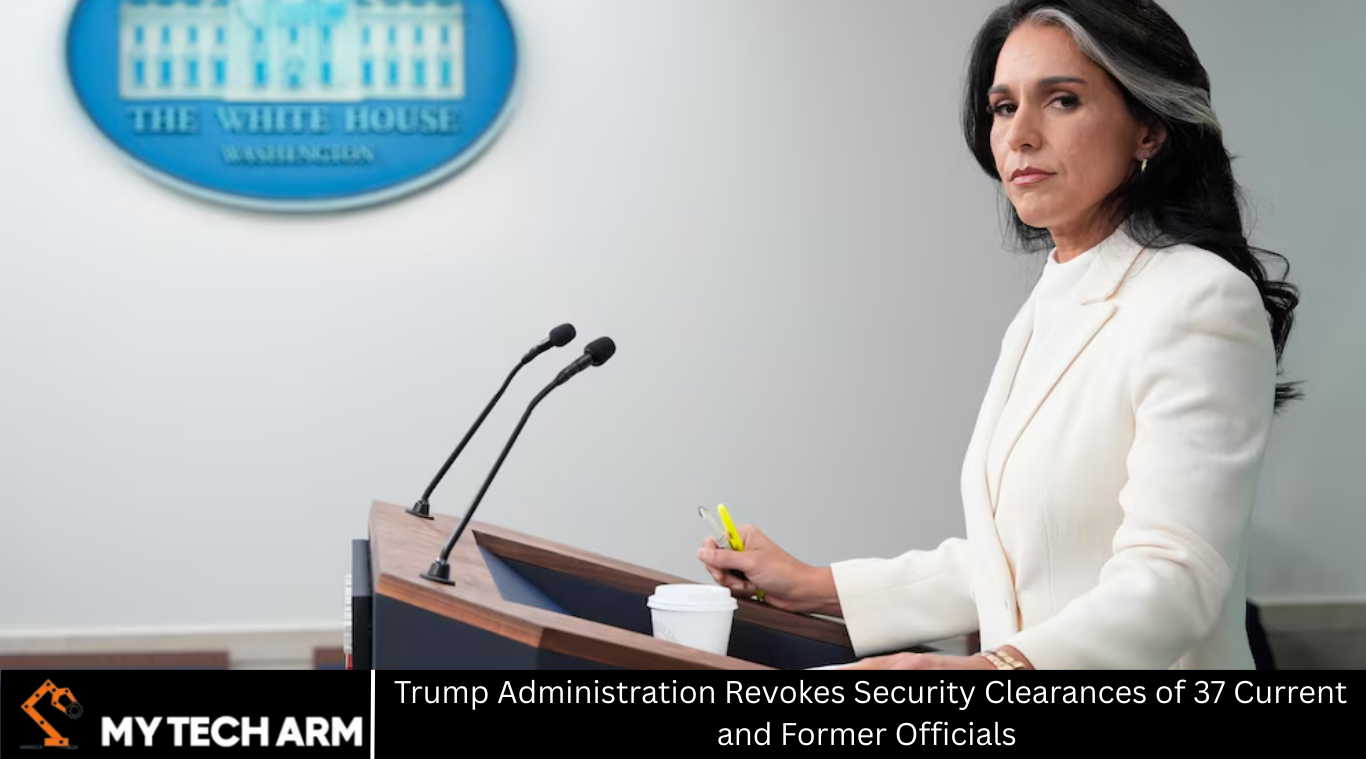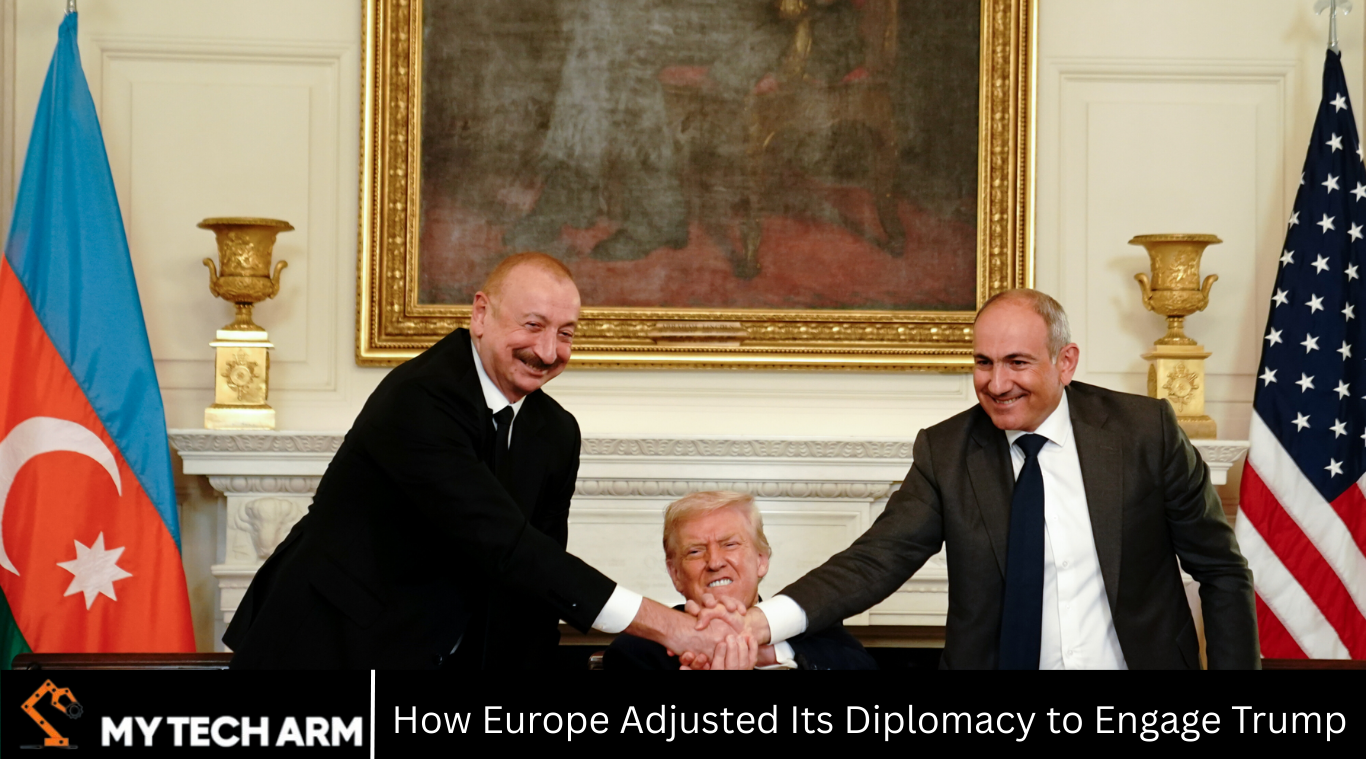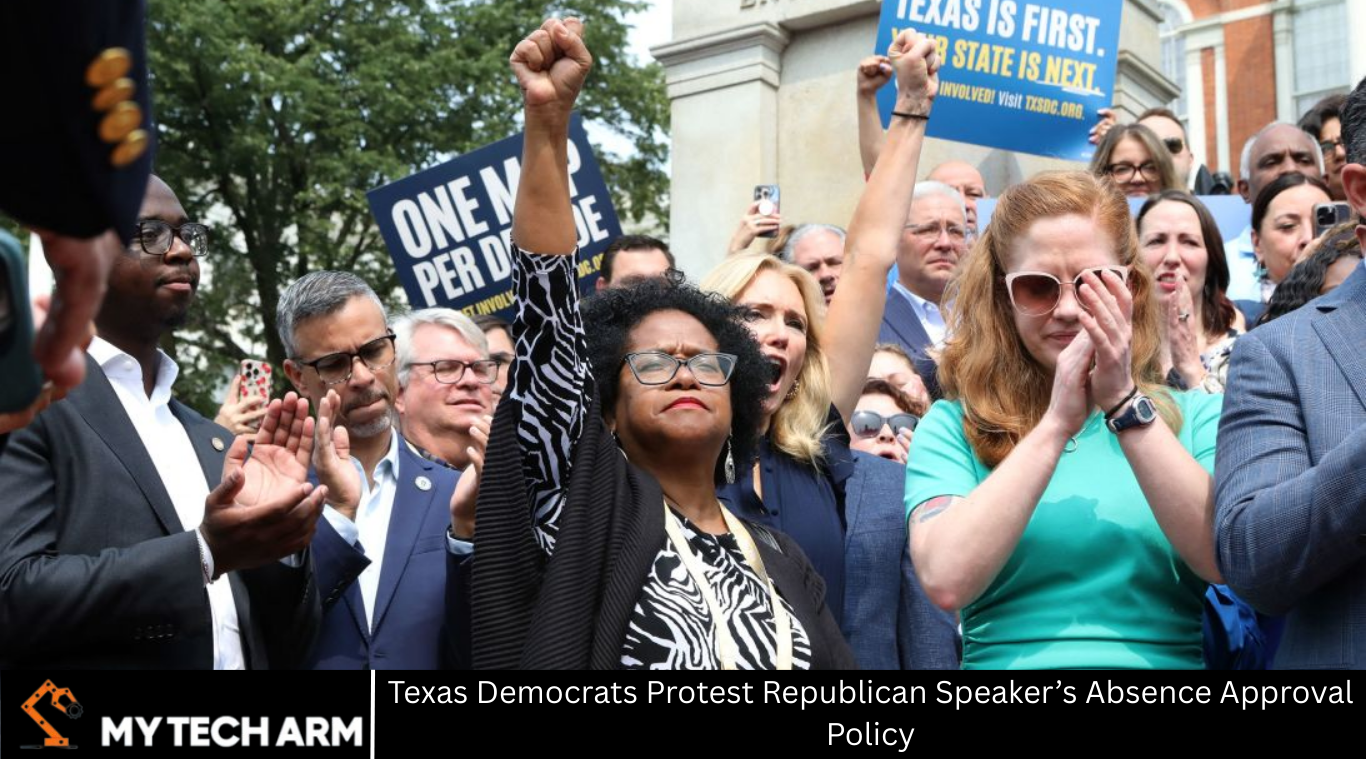During the Trump administration, one of the notable moves that attracted significant attention was the decision to revoke the security clearances of 37 current and former government officials. This unprecedented action raised many questions about the motivations behind the move, its implications for national security, and the broader political context in which it occurred. Security clearances grant individuals access to classified information, which is crucial for their roles in government, especially in intelligence and defense sectors. Revoking these clearances effectively limits these officials’ ability to engage in sensitive national security discussions and activities.
This article explores the background, rationale, controversies, and consequences surrounding the revocations. It also examines the impact on the individuals affected, the government’s reasoning, and reactions from political and public spheres.
Understanding Security Clearances: What Are They and Why Do They Matter?
Security clearances are formal approvals granted by government agencies to individuals, permitting access to classified or sensitive information. The process involves thorough background checks to ensure the individual poses no security risk. Clearances are essential for roles within intelligence agencies, the military, the State Department, and various other federal departments dealing with national security.
Having a clearance allows officials to participate in confidential briefings and contribute to policy-making or operational decisions that impact national security. Thus, revoking a clearance can significantly hamper an official’s ability to fulfill their duties or offer informed commentary.
Context: Why Did the Trump Administration Take This Step?
The Trump administration justified the revocation of security clearances as a necessary step to protect national security. Officials whose clearances were revoked were accused by the administration of politicizing their access to classified information, misusing their platforms to criticize the administration, or posing potential security risks.
Among those affected were prominent former intelligence officials and national security experts, many of whom had been publicly critical of President Trump. The administration argued that maintaining their clearances could allow them to continue spreading misinformation or undermining governmental authority.
This move was seen by supporters as a protective measure, while critics labeled it as politically motivated retaliation.
Profiles of Some Affected Individuals
The group of 37 officials included a mix of current and former government employees, many of whom held senior positions in intelligence or defense. Notable figures included:
- James Clapper, former Director of National Intelligence
- John Brennan, former CIA Director
- Sally Yates, former Deputy Attorney General
- Michael Hayden, former CIA Director and NSA Director
These individuals were often vocal in their critiques of the Trump administration’s policies and handling of intelligence, making the revocation appear as a politically charged action.
Legal and Procedural Aspects of Security Clearance Revocation
The process of revoking a security clearance is governed by federal regulations and agency-specific guidelines. Normally, revocations occur for reasons such as breaches of security protocol, misconduct, or other risk factors.
However, the Trump administration’s blanket revocations, often without publicized formal investigations or hearings, sparked debate about due process and the politicization of security clearances. Critics argued that the lack of transparency undermined the fairness and impartiality of the process.
Political and Public Reactions
Reactions to the revocations were sharply divided:
- Supporters: Argued that the move was necessary to protect sensitive information from being used for political gain or leaks that could compromise national security.
- Opponents: Saw it as a tactic to silence dissenting voices and punish critics within the intelligence community. They raised concerns about the erosion of norms protecting nonpartisan expertise.
Several members of Congress and former officials publicly condemned the revocations, while some media outlets portrayed the action as a form of political vendetta.
Implications for National Security and Intelligence Community
The revocations had mixed impacts:
- Some argued that limiting access to classified information by former officials could reduce leaks and improve control over sensitive data.
- Others contended that it weakened the ability of experienced experts to provide informed analysis and advice, particularly in public debates where classified insights are crucial.
The broader intelligence community was reportedly unsettled, concerned about the precedent set by politicizing security clearances.
Long-term Effects and Legacy
The Trump administration’s decision contributed to a larger narrative about the politicization of intelligence and national security. It sparked ongoing discussions about how security clearances should be managed, the importance of safeguarding nonpartisan expertise, and the balance between political oversight and operational independence.
Future administrations may face pressures to either continue or reverse such policies, impacting how intelligence officials engage with the public and government.
Frequently Asked Questions
What is a security clearance and why is it important?
A security clearance is official permission to access classified government information, essential for national security roles.
Who has the authority to revoke a security clearance?
Typically, agency heads or designated officials within the government can revoke clearances, following established procedures.
Were the revocations under the Trump administration unprecedented?
While revocations happen, the scale and political context of the 37 clearances being revoked simultaneously was unusual.
Did all revoked officials lose their jobs?
No. Many were former officials no longer in government but retained clearances for advisory or consulting roles.
What reasons did the Trump administration give for revoking these clearances?
They cited misuse of access, politicization, and potential security risks as primary reasons.
How did the intelligence community react?
Many expressed concern over politicizing security clearances and the potential chilling effect on expertise.
Has this action affected how future administrations handle clearances?
It has sparked debate and may influence future policies on transparency and the management of clearances.
Conclusion
The Trump administration’s revocation of security clearances for 37 current and former officials marked a significant and controversial moment in U.S. national security policy. While the administration framed the move as a necessary step to protect classified information and prevent the politicization of intelligence, critics saw it as an attempt to silence dissent and undermine nonpartisan expertise. This action highlighted the delicate balance between safeguarding national security and maintaining the independence of intelligence professionals.The broader implications of this decision continue to influence discussions about the proper management of security clearances, the role of political influence in intelligence matters, and the importance of protecting unbiased expertise for the health of democratic governance. Moving forward, ensuring transparency, fairness, and a clear separation between politics and intelligence will remain vital to preserving trust in national security institutions.







